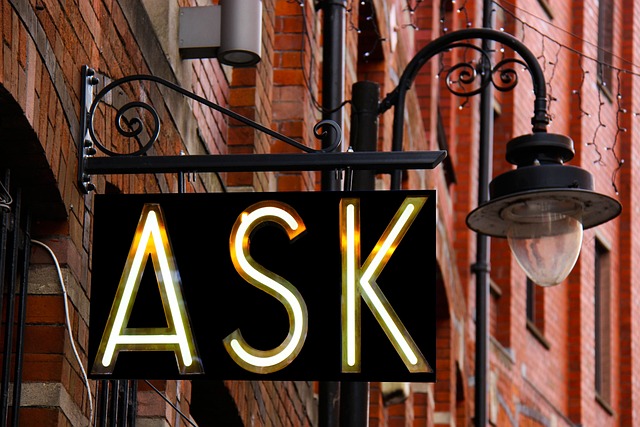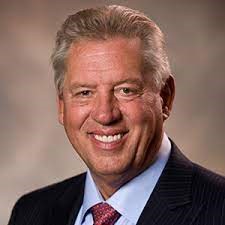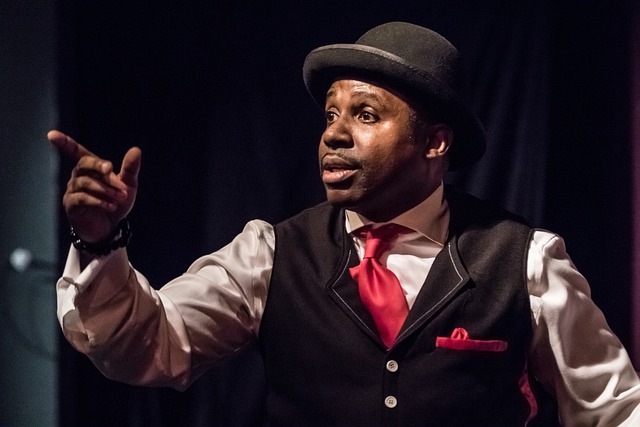We’ll explain what it means to bookend your speech in this post, along with some advice on how to use this effective tactic.

Your Speech's Bookend: A Definition
Imagine a set of bookends, which are matched items used to bind a collection of books on a shelf. Practically speaking, bookends hold the books in place and provide support. But they perform a lot more in terms of aesthetics.
For the books on display, bookends neatly (and frequently aesthetically) create visual symmetry. By doing this, they highlight the row of books and convey the idea that they are unique and deserving of admiration.
Similar support is given to the body of your speech when you “bookend your speech.” You can efficiently (and frequently creatively) create cognitive symmetry for the speech you just gave by beginning and ending with a shared element. You make your words stand out more and convey the idea that your message deserves to be heard.
The exquisite approach of bookending your speech gives the impression that it was written with great care and attention to detail. This increases your credibility since your audience is more likely to think that your entire speech was carefully produced and can be trusted as a result.

There are numerous methods you can use to bookend your speech. Pick the one that best complements your speech. Whatever method you choose, be sure that your bookending element is directly tied to your theme. It would be like putting a pair of baseballs at the ends of a collection of classic literature novels to close your speech; it would be practical but not particularly meaningful.
Pro Tip
1. Tell a tale in two parts.
- Start off your speech by telling a tale. You shouldn't give the entire tale... A character and some conflict are introduced at precisely the right amount of the story. You continue with the main part of your speech after that.
- Pick up the story where you left off and finish telling it at the conclusion of your speech.
- Make sure the narrative has a strong connection to the speech's subject. If your speech is about following your dreams, for instance, you may share a narrative in which the main character does so. She would explain in the first part of the story why she is pursuing her dream; the second half would describe how it came out.
2. Pose a query and provide a response.

- Asking a question to the audience will help you to start your speech.
- Finish your speech by offering the solution.
- You can make a hint that the solution will be provided at the end for greater impact.
- An alternative to the question-and-answer format is to provide a challenge or solve a riddle.
3. Employ the same or comparable quotations.

- Your speech should begin with a quotation.
- Your speech should end with this quotation.
- This works best if your voice message gives the quotation new vitality. You want the audience to reconsider the quotation in light of what you said.
4. Make use of quotes that contrast.
- Your speech should begin with a quotation.
- End your speech with a quotation that contradicts the opening one.
- You want the audience to understand the opening phrase differently, just like when utilizing the same line as bookends. Perhaps the first quote expresses a widely held opinion, while the latter quote presents a radical notion that your audience is now more likely to adopt.
Action Item
5. Make use of opposing ideas.

- Your speech should begin with an idea or theme.
- Conclude your speech with a divergent idea or subject.
- You might begin with a story about birth and end with a story about death, for instance.
- Alternatively, you may begin with a narrative about your time as a student and end with a similar one about your time as a teacher.
- Alternatively, you may begin with a tale from your youth and end with one about your own child that is related.

6. Make jokes.

- Start out your speech with a joke or witty statement.
- Finish your speech with another light-hearted remark that either expands on or makes some reference to what you just said.
- Use the same keywords twice when employing this bookending technique (and the others as well) to ensure that your audience understands the funny allusion. (For instance, don't end with a joke about a "ruby purse" if you opened with one about a "red handbag"
7. Employ a prop.

- Your speech should begin with a prop.
- Use the prop again to conclude your speech.
- It is advisable to use this tactic in conjunction with other tactics. For instance, you might ask a question regarding the prop before introducing it. After that, you can respond to that query in your conclusion.
8. Employ a slide.

- Your speech should begin with a graphic slide.
- Use the same slide, or perhaps a slightly altered version of the first, to conclude your speech.
- This is effective if your audience can interpret the image you are exhibiting differently as a result of your voice message.
- To add a twist, you can crop your initial slide to only show a portion of the image while revealing the entire image on the final slide. This once more enables your audience to interpret the original image in new ways.
9. Use another universal component.

- Mention a fact, a word, a phrase, a movie title, etc. to begin your speech.
- Conclude your speech by making a significant reference to the same fact, word, phrase, movie title, etc.

Whether you are an experienced speaker or a newbie, bookending your speech is a master technique that is simple to use. I recently went to a Toastmasters meeting where a new member gave his debut speech. He “confessed” that he hated umbrellas in the opening of his speech, which was funny. He then declared his desire for legislation to outlaw umbrellas as he concluded his remarks. (The speech was hilarious overall, and this particular joke worked nicely.)







